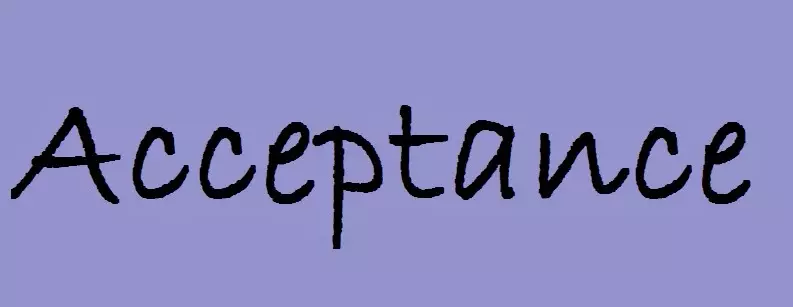What remedies are available to an aggrieved party in case of breach of contract?
Remedies for Breach of Contract:
Whenever there is a breach of a contract, the injured party becomes entitled to any one or more of the following remedies against the guilty party:
- Suit for rescission.
- Suit for Damages.
- Suit for Specific Performance.
- Suit for Injunction.
- Suit for Quantum Meruit.
Suit for rescission:
The term rescission may be defined as the cancellation of the contract. In other words, putting an end to the contract. When a contract is broken by one party, the other party may sue to treat the contract as rescinded and refuse further performance. In such a case he is free from obligations under the contract. But in case the aggrieved party is interested to sue the guilty party for damages for breach of contract, he has to file a suit for rescission of the contract.
When the court grants rescission, the aggrieved party is freed from all his obligations under the contract, and becomes entitled to compensation for any loss caused to him through non -fulfillment of the contract. eg:, A promises to supply 100 bags of sugar to B on a certain day and B promises to pay the price on delivery of sugar on the day fixed for performance. A does not deliver the bags. B. can rescind the contract and need not pay the price.
Suit for Damages:
Damages are the monetary compensation for the loss sustained by the injured party for the non-performance of the obligation by the other. The party who is injured by breach of a contract may bring an action for damages. An aggrieved party may suffer damages in more than one way. Every breach of contract of sale by a businessman may involve loss of goods, loss of profits, loss of reputation, etc. Theoretically the consequences of breach may be endless, but there must be some end to the liability of the guilty party. He can not be liable for all the results of breach.
Suit for Specific Performance of the contract:
When damages are not an adequate remedy, the court may direct the party in breach to carry out
his promise according to the terms of the contract. This is called specific performance of the contract. Specific performance of any contract may, at the discretion of the court, be enforced in the following cases:
- Where there is no standard for ascertaining the actual damage caused by non-performance of the act agreed to be done.
- Where compensation in money is not an adequate relief for non-performance, specific performance may be enforced.
- Where there is a sentimental value attached to the thing purchased.
However, specific performance will not be granted where:
- Monetary compensation is considered as an adequate relief.
- The contract is of personal nature, e.g., a contract to marry, and
- Where it is not possible for the court to supervise the execution of the contract e.g. a building contract.
Suit for Injunction:
‘Injunction’ is a negative order of the court directing the party to refrain from doing something. This is given in cases where a party is guilty of breach of a negative term of the contract. This remedy may be used as a means of enforcing an express negative stipulation in a contract, or a simple promise to forbear. It is the discretion of the court to grant injunction. It is usually, issued in cases where the compensation in terms of money is not an adequate relief.
Suit for Quantum Meruit:
Quantum meruit means reasonable value of the work done. Where a party has in the performance of his contract done some work or rendered some service and further performance has been made useless by the other party, he may recover reasonable compensation only for the work done or service rendered. A claim for quantum meruit arise in the following cases :
- Where the work is done, or
- Services are rendered by one person for another.





